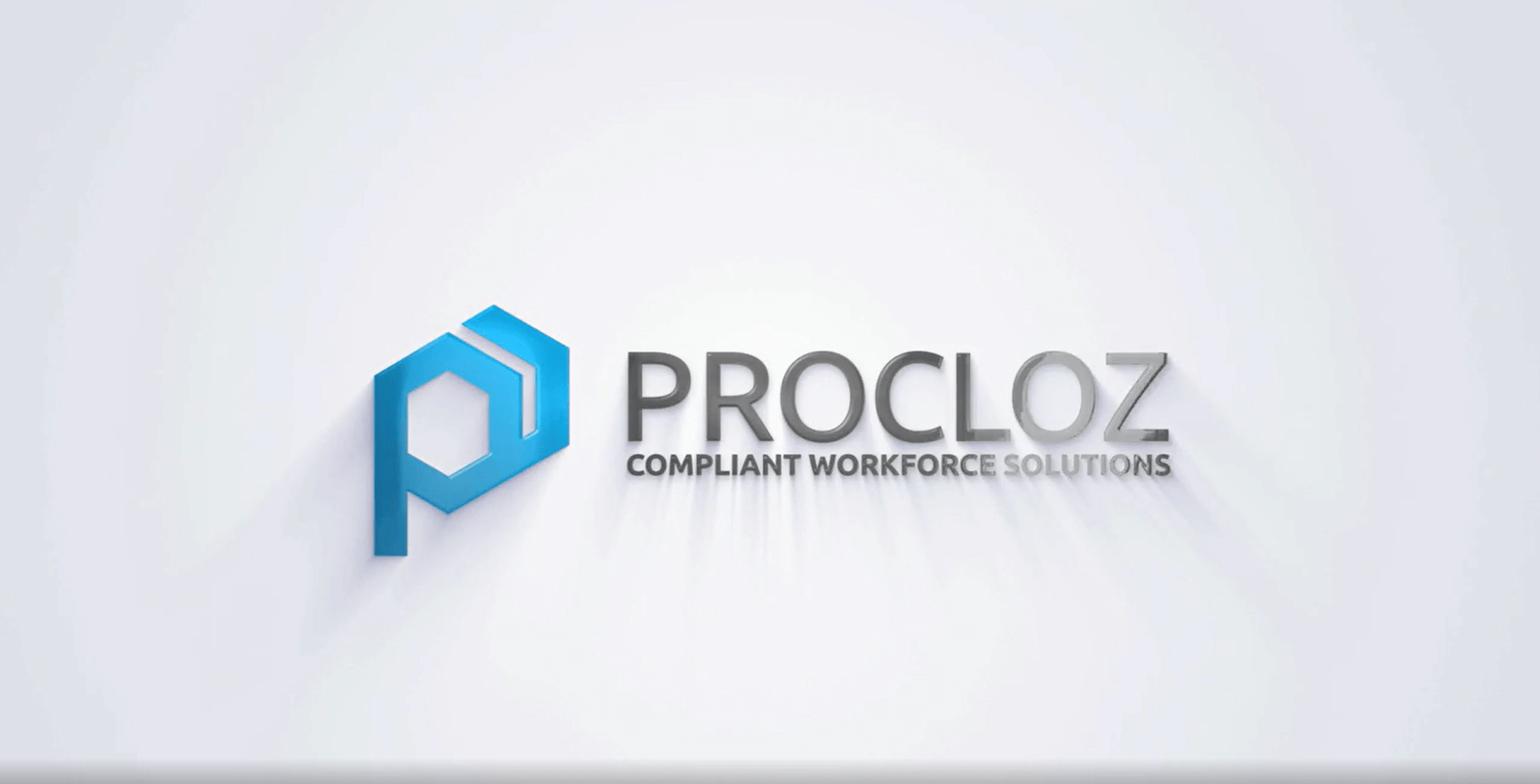The halo effect is a cognitive bias that can have a significant impact on HR decisions. This bias occurs when one characteristic of a person or an organization creates a positive or negative impression that influences how we perceive other characteristics of that person or organization.
In HR, the halo effect can lead to biased hiring, performance evaluations, and promotion decisions that are not based on objective criteria.
Research from Harvard Business Review reveals that up to 62% of hiring decisions are influenced by subconscious biases like the halo effect. Recognizing and mitigating this bias is crucial for fostering fair and merit-based HR practices.
So, let us understand the impact of the halo effect bias on various domains and strategies to mitigate its influence.
Impact of Halo Effect Bias:
The impact of the halo effect bias can be profound and far-reaching. Here are some of how this bias can impact HR decisions:
The Halo Effect on Hiring
When a recruiter or HR manager is impressed by a candidate’s impressive resume or excellent interview performance, they may unconsciously overlook other critical factors essential for the job, such as work experience, skills, and cultural fit. According to a study, 75% of hiring managers have admitted to making bad hires due to the halo effect. This oversight can result in hiring the wrong candidate, leading to decreased productivity, lowered morale, and wasted financial resources for the organization.
The Halo Effect in Performance Evaluations
In performance evaluations, the halo effect can lead to inaccurate assessments of employees’ strengths and weaknesses. If a manager has a positive perception of an employee’s work, they may overlook areas where the employee needs to improve. On the other hand, if the manager has a negative perception of an employee’s work, they may overlook areas where the employee excels. This can lead to poor decision-making in terms of promotion, training, or disciplinary actions.
The Halo Effect on Promotions
In promotions, the halo effect can lead to promoting employees who may not have the necessary skills or experience for the new role. If a manager has a positive perception of an employee’s performance, they may assume that the employee is ready for a higher position, even if they lack the necessary skills or experience. This can lead to poor performance in the new role, which can be detrimental to both the employee and the organization.
You must learn Unleashing Employee Potential with Performance Management Process to understand your employees in a better way.
How to Mitigate the Halo Effect Bias?
To mitigate the halo effect bias in global recruitment, organizations need to implement objective and transparent hiring, performance evaluation, and promotion processes. Here are some strategies that organizations can use to reduce the halo effect bias in HR:
Develop Clear Hiring Criteria
Organizations should develop clear job descriptions and criteria for hiring that are based on the skills, experience, and qualifications required for the job. Recruiters and HR managers should use these criteria as the basis for evaluating candidates, rather than relying on subjective impressions.
Implement Objective Performance Metrics
Organizations should implement objective performance metrics that are aligned with the job requirements and performance goals. A study by McKinsey & Company found that companies with performance metrics-driven cultures were twice as likely to outperform their peers. Managers should utilize these metrics to assess employees’ performance, rather than relying on subjective impressions.
Train Managers on Bias Awareness
Organizations should train managers on the halo effect bias and other biases that can influence their decision-making. In fact, a research suggests that bias training can lead to a 9-12% improvement in diversity hiring outcomes. Hence, managers should be aware of these biases and encouraged to make objective decisions based on data and facts.
Encourage Feedback and Accountability
Organizations should encourage feedback and accountability in the hiring, performance evaluation, and promotion processes. This can help ensure that decisions are based on objective criteria and can help identify and address any biases that may arise.
Besides mitigating the halo effect bias, empowering your workforce by building a culture of employee empowerment can greatly help you obtain a competitive advantage for your organization.
Conclusion
Looking for expert assistance with an employer of record? Look no further than Procloz! Our team of skilled professionals specializes in business automation and services transformation, and we’re here to help you take your workforce solutions to the next level. Whether you need help streamlining your processes, reducing errors, or improving your overall efficiency, we have the expertise and experience to get the job done right. So why wait? Contact us today!














